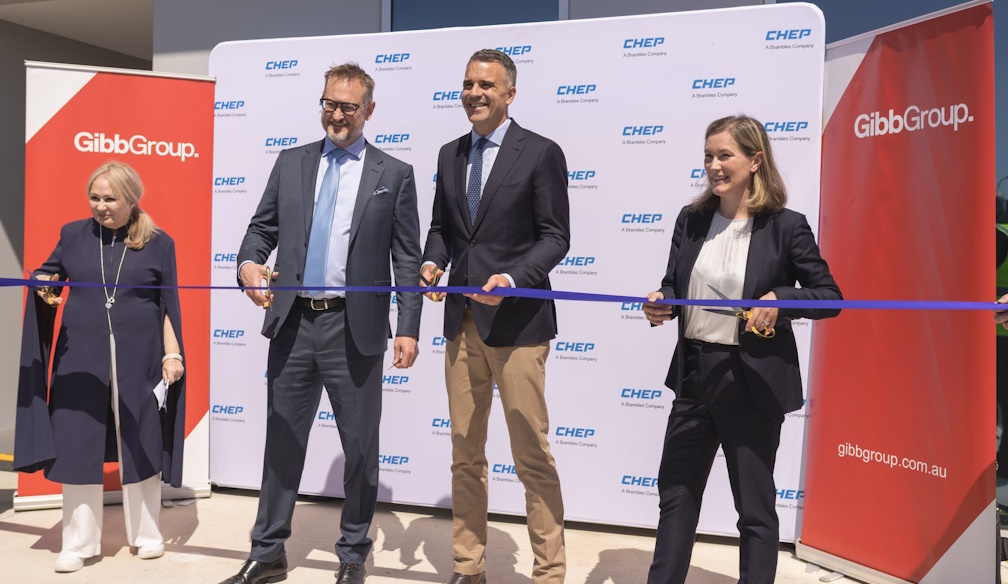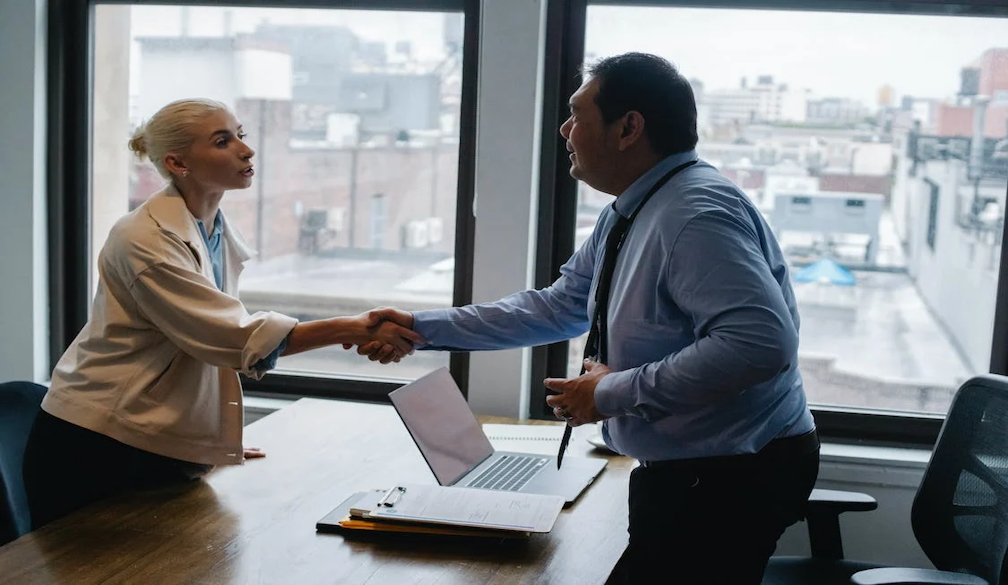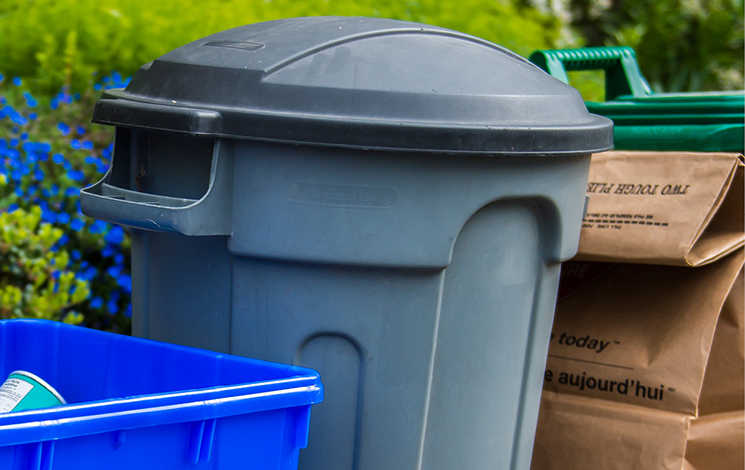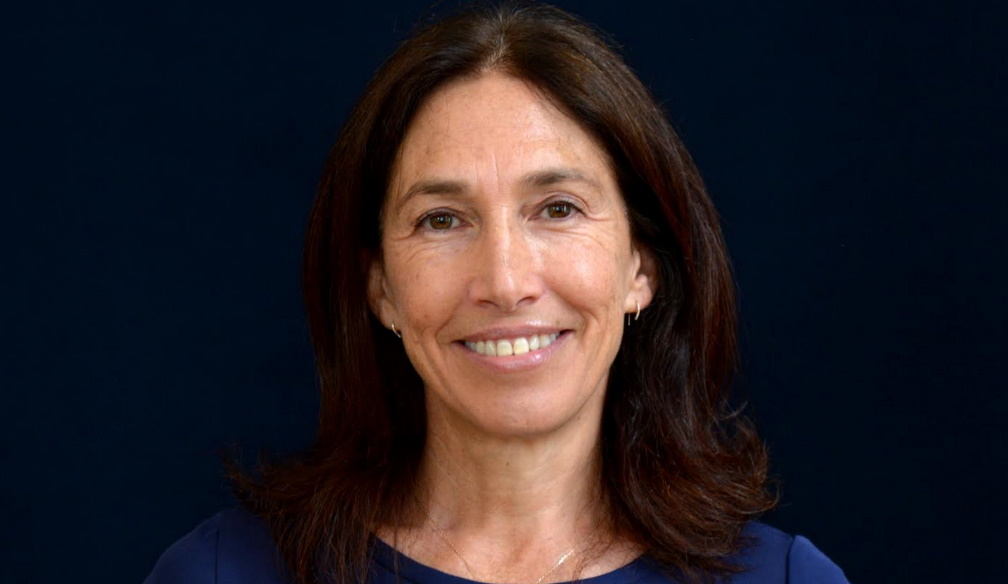Prime Minister's interview with David Penberthy and Will Goodings, FiveAA
- Written by Scott Morrison

HOST: Prime Minister of Australia on FiveAA Breakfast, Scott Morrison.
PRIME MINISTER: G’day David.
HOST: Prime Minister, good morning. Thanks so much for your time.
PRIME MINISTER: Yeah, g’day mate.
HOST: Now, we want to kick off by talking about the Doherty Institute modelling. It's been described as our roadmap out of the COVID quagmire. What do you make of this discussion that with the, the very high case numbers that we're seeing in the eastern states, particularly in your hometown, that the modelling might need to be looked at again?
PRIME MINISTER: Well, we've been doing constant sensitivity analysis on this, and the 70 and the 80 per cent figures haven't changed. We went through that last Friday. It just, it continues to show that when you hit that level of vaccination in your community, you are really getting a reduction in the risk right across the board, and know that when you hit those numbers, the rate of vaccination for the even more vulnerable in the community, particularly the elderly, is even higher than that. I mean, and we're already seeing that. I mean, to give you an example, with the aged care sector, what we're seeing right now in New South Wales is we're seeing a rate of fatality today that's less than half a per cent. And, at the peak of the Victorian second wave, where there wasn't vaccination in place, that was 4.3 per cent rate. There were over 800 deaths in total that we saw during that Victorian second wave. And, that figure is now or less around about 90 in New South Wales over the course of this year. So, the vaccination has a major impact. And, I know it's quite hard when you're sitting at a vaccination rate, and in South Australia at the moment we've got half of people with their first dose, a third of having two doses. You know, you double that second dose rate on where it is now, and that's a level of protection that is really giving us the ability to safely transition to this next phase. And, I know in states like South Australia where you haven't got those big case numbers, you know, where they've done a terrific, terrific job in states where there hasn't been COVID. But, the Delta variant is not something that will stay away forever. And, so, that's why you lift your vaccination rates. That's happening in South Australia - 100,000 in this past week, which was, you know, a great outcome in South Australia. Keep doing that. You get yourself in a position of resilience. Sure, there's still risks, but the risks of shutting everything down - not just on the economy, but on people's mental health and all of these things - the advice is still very clear, does more harm than good.
HOST: So, if the Doherty modelling then does hold, come sometime around the end of the year when we hit 80 per cent in various places around the country, what's your message to those states? Is it simply that they need to swallow hard?
PRIME MINISTER: It means you've got to, you've got to move forward, at the end of the day. Now, you've got to be careful. This is a safe plan. I want to stress that to everyone. This isn’t some sort of freedom day. There's no magic in a calendar. There is, but there is confidence that you can have in the medical science that has gone into this plan. And, what it does mean, on the sensitivity analysis we've done, is that between 70 and 80, you've got to be careful. That's what they're saying. Once you hit 70, you can't just, sort of, go open slather. That's not, no one is suggesting that. And, even at 80 per cent - it's not like we've seen in countries overseas. What we're doing is doing this carefully. We've got great science based evidence to say at 70 per cent people who are vaccinated - because they present less of a public health risk to themselves and others - will be able to do things in the event that there were, you know, outbreaks and things like that, that they wouldn't otherwise be able to do. That will have more immediate meaning in places like the New South Wales and Victoria, where they're in lockdown. In Victoria-, in South Australia at the moment, well, you don't have those lockdowns, but what it does mean is that you'll need to keep some common sense precautions in place.
Right now, South Australia, for example, is doing the first trial of home quarantine. Steven Marshall’s doing a great job with this, and that will be the model for the rest of the country, and they're sharing that information with the other states. And, that means you'll be able to travel overseas once you get over 80 per cent and you'll be able to return to Australia and you'll be able to quarantine at home, not go through hotels. That means we’ll be able to bring more people home from overseas. It also means students will start to be able to return. People are coming out on skilled visas, which I know the Premier - he’s been saying this to me for not just three years but longer than that - about the need for South Australia to have access to those additional skills to grow their economy. That can happen again at much higher rates than we're seeing now.
HOST: Prime Minister, can I ask you about the situation in Indigenous communities …
PRIME MINISTER: Yep.
HOST: … particularly in the town of Wilcannia, that, it’s sort of really not that far from SA.
PRIME MINISTER: Yep.
HOST: For them, the big smoke’s Broken Hill, which we regard as part of South Australia. The numbers there are staggering. Is there, is there some role for the Commonwealth? Like, we're talking about relatively small numbers of people. As Prime Minister, are you going to have a closer look at that? Because, it seems that there’s a, particularly given the history of what infections and new exotic diseases did to Indigenous Australians over over the years since …
PRIME MINISTER: Yeah.
HOST: … colonisation. It feels like there's a, there's a humanitarian crisis unfolding here, potentially.
PRIME MINISTER: Well, we already have. And, we've got AUSMAT teams in there. We've got ADF teams in there, working very closely with the State Government. And, you know, the western New South Wales outbreak is very serious and, as it will be in a lot of remote and sensitive communities. And, so, while we hit 70 and 80 per cent for the, you know, majority of the population, we understand that, particularly in remote communities, that the risks can still be very high. And, one of the things we're trying to get across, and Ken Wyatt has made this point, that in many remote communities, because they feel like they're a long way away from the cities where these things are happening, they can sometimes form a view that they’re, that they're protected. And, that's not the case. The Delta variant can travel, as we know it does, and you only need a couple of events which can see those transfers take place. And, that's why we already have acted, and we're working very closely with the New South Wales Government. And, the reason for that is not only is that helping us to directly influence that situation, but we have developed a very good partnership model - if that were to happen in South Australia or the Northern Territory or Western Australia - that the responses, we're seeing those vaccination rates rise in those levels. We've got great responses from local Indigenous leaders in helping us do that. But, it is a very sensitive area of the population and it is a difficult area in which to work, which it always is, regardless of whether it's COVID or any other other other health challenges in those communities.
HOST: We’ve had a significant development in the last hour with the US 20 year long operation in Afghanistan ending.
[Excerpt plays]
HOST: Prime Minister, is there any capacity for Australia to increase our refugee resettlement program, something aligned with or akin to what happened in 2015 with the Syrian refugees? We offered an additional 12,000 places - a specific intake for those people under duress. Could we do something similar for Afghanistan, beyond the 3,000, beyond the 3,000 that you’ve already said?
PRIME MINISTER: We already have. Well, let me remind you what happened with Syria. We did 3,000 in that first year. Of that 12,000, we did 3,000 in that first year. It all wasn't done in one year. It was actually done over several years.
HOST: So, that's what’ll happen here then?
PRIME MINISTER: And, what I’ve said, yeah, what I've said is we will do, we think, at least 3,000 this year. Well, I actually believe it will be more based on, you know, the work that we're already doing. The challenge there will be how people actually get out of Afghanistan, and that's why we have to work closely with the IOM and other international agencies, our partners, the United States, United Kingdom, etcetera, to actually see how those pathways can be created - those proper official pathways - and to enable us to fill those numbers. And, I've already said that if the overall intake has to be increased to accommodate those additional numbers, then then it will be, and that it won't just be this year. It'll be next year, it’ll be the year after that, because this will happen over many, many years, is my expectation. And, and so we will continue to provide that support, as we have, as we have since 2013. And, in the airlift that we were engaged in ourselves, that airlift ended up being about four times what our original expectation was, based on on the numbers that we had at the time and what had been advised to us. And, we just kept going and we got as many people out as safely as we possibly could, and over 4,000 people were lifted up on 32 flights, and that included around 600 from other countries, which included Afghans that had worked with other countries, as well as those other countries’ citizens. So, we all work together. Other countries helped uplift our people as well, and the Afghan nationals who'd worked with us, and that was a very dangerous operation. But, everybody who was involved in that went, exceeded what our original estimates were, and the fact that we got everybody out safely, given how dangerous that was, is a great credit to those involved.
HOST: Prime Minister Scott Morrison, thanks very much for joining us this morning on FiveAA.
PRIME MINISTER: Thanks a lot, David.








